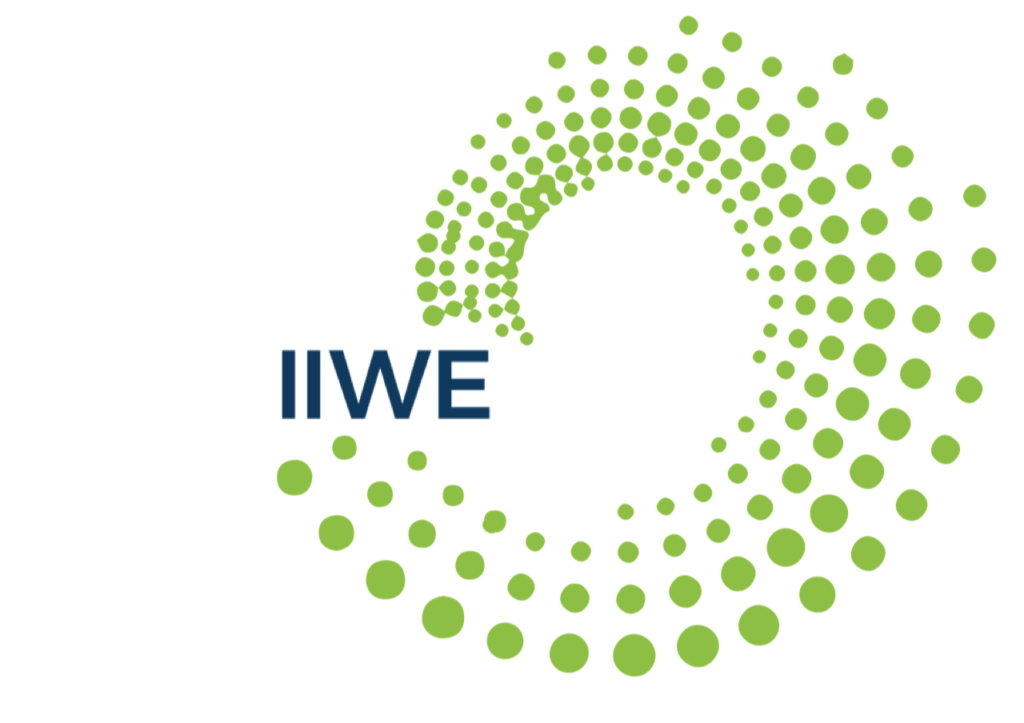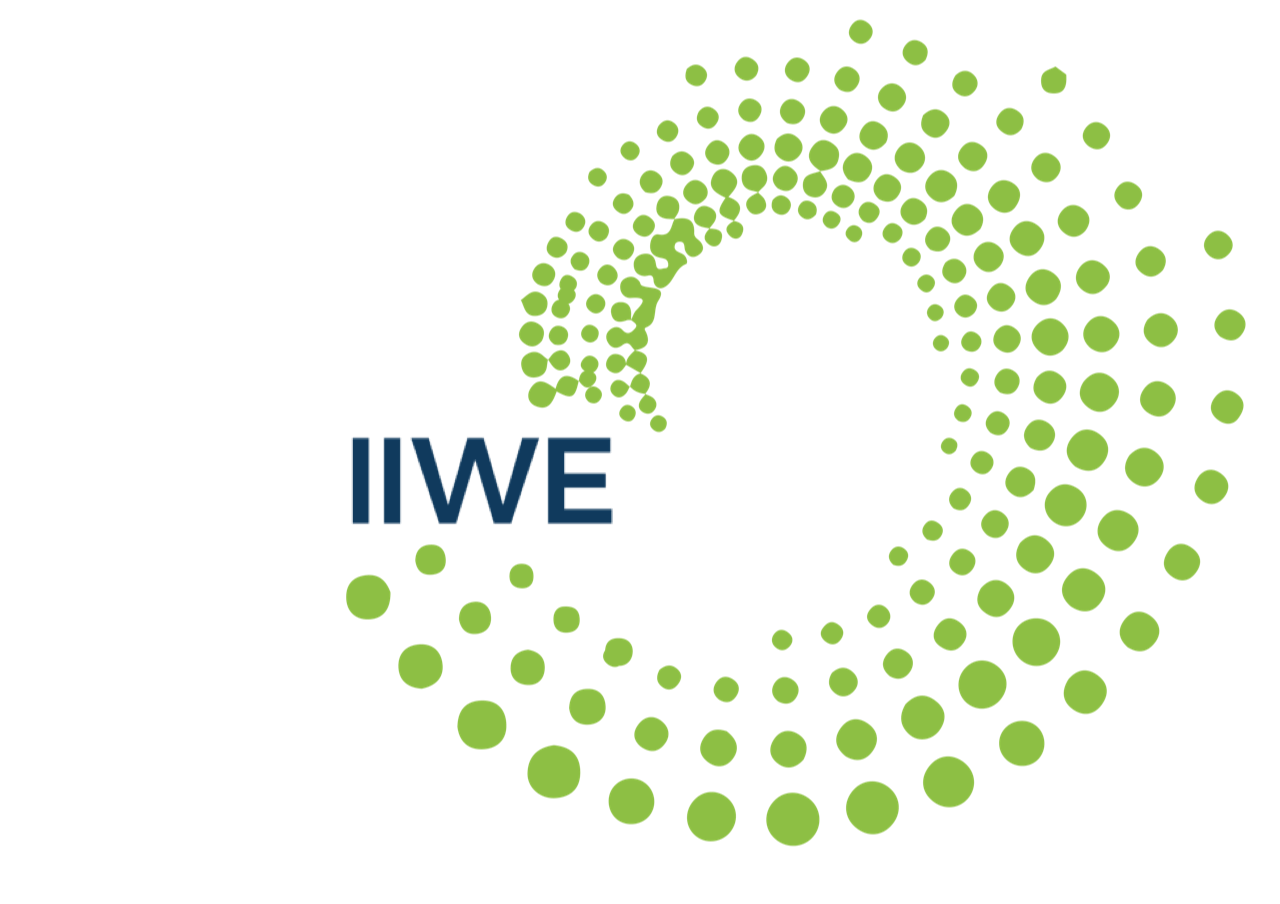Overview
The IMF Foundation Course is the first part of the Mindset Transformation Series, designed for individuals eager to develop greater wellbeing, enhance their personal growth, and cultivate a resilient mindset.
This course offers a comprehensive exploration of mindset transformation and its significance, starting with a holistic focus on the individual. It enhances self-awareness and equips participants with the skills necessary to effectively navigate challenges and obstacles, and develop a positive mindset. Participants learn self-care and stress management techniques, build emotional responsiveness versus reactivity, cultivate a growth mindset, and develop the qualities needed to excel in adverse conditions. This course lays the foundation for individuals to thrive and become catalysts for change.
IMF Foundation Course Outcomes: Participants will develop greater stress management skills, become more emotionally responsive, develop a growth mindset, and sharpen their problem-solving abilities. As a result, they will see improvements in decision-making, empowering them to navigate challenges with confidence and adaptability, and experience increased focus and productivity.
Benefit for Organisations: Enhanced self-empowerment and resilience fosters greater positivity, problem-solving capabilities and improved team dynamics, leading to greater focus, productivity, and employee engagement.
The overarching objective of the three-part series is threefold: IMF aims to empower individuals for personal growth and transformation, guiding them from self-empowerment to social wellbeing. It then cultivates a culture of collective empowerment and collaboration, aiming for broader organisational and societal impact. Ultimately, the series endeavours to catalyse systemic change through these concerted efforts, fostering a mindset of resilience, adaptability, innovation, and inclusivity.
1.1 What is Self-Awareness?
1.2 Discovering Personal Resources.
1.3 Understanding Our Inner and Outer Realities
1.4 Exploring the Impact of External Triggers on Body, Thought and Emotions
1.5 The Significance of Self-Awareness in Daily Life
1.6 Integration and Application
1.7 Mindset Insights
2.1 Mindfulness & Its Principles
2.2 The Power of Presence
2.3 Techniques for Cultivating Presence
2.4 Managing Stress
2.5 Changing Thought & Behavioural Patterns
2.6 Repetition Versus Recollection
2.7 Integrating Mindfulness & Presence into Daily Life
2.8 Practicing Mindfulness to Cultivate Emotional Resilience
2.9 Mindset Insights
3.1 Embracing Emotional Responsiveness Vs. Reactivity
3.2 Understanding Reframing Techniques
3.3 Identifying and Managing Emotions Effectively
3.4 Practicing Emotional Regulation
3.5 Applying Reframing Strategies in Daily Interactions
3.6 Integration and Application
3.7 Mindset Insights
4.1 Understanding the Foundations of Emotional Intelligence
4.2 Developing Empathy and Social Skills
4.3 Aligning Your Inner World With Others
4.4 Reflecting and Harmonising
4.5 Effective Communication
4.6 Cultivating Emotional Intelligence in Personal Relationships
4.7 Integrating Emotional Intelligence into Decision-Making Processes
4.8 Practicing Self-Awareness and Self-Regulation for Emotional Intelligence
4.9 Integration and Application: Constructive Conflict Resolution
5.0 Mindset Insights
5.1 Understanding the Concept of a Growth Mindset
5.2 Overcoming Fixed Mindset Patterns
5.3 Embracing Challenges as Opportunities for Growth
5.4 Cultivating Resilience and Perseverance
5.5 Nurturing a Positive Learning Attitude
5.6 Fostering a Culture of Growth Mindset in Teams and Organizations
5.7 Applying Growth Mindset Principles in Personal and Professional Development
5.8 Sustaining and Reinforcing a Growth Mindset Through Continuous Learning and Feedback
5.9 Mindset Insights
6.1 Understanding the Principles of Self-Coaching
6.2 Setting Clear and Achievable Goals
6.3 Developing Strategies for Self-Motivation
6.4 Practicing Self-Reflection and Self-Assessment
6.5 Cultivating Self-Compassion and Self-Acceptance
6.6 Harnessing Inner Strengths and Resources
6.7 Overcoming Self-Limiting Beliefs and Negative Self-Talk
6.8 Taking Action To Achieve Goals
6.9 Self Coaching Activity
7.0 Mindset Insights
Market Insight
In today’s dynamic landscape, mastering mindset is paramount for organisational success. The pace of change demands leaders and individuals who can not only adapt but thrive amidst uncertainty. Traditional leadership training often falls short in equipping individuals with the necessary skills to navigate this rapidly evolving environment. Recognising this gap, the IMF Mindset Transformation Series emerges as a beacon, offering a structured and evidence-based program tailored to meet the demands of the modern era.
Value Proposition
Employees are invaluable assets capable of driving organisational growth, innovation, and creating systemic change. By investing in their development, organisations unlock measurable financial benefits, reduce inefficiencies, and foster environments primed for exponential growth. The IMF Mindset Transformation Series empowers individuals and leaders to embrace change, catalyse personal and collective growth, and effect systemic change, propelling organisations towards sustained success in an ever-evolving world.
Key Features
The IMF Mindset Transformation Series are a structured, science-backed program designed to empower individuals and leaders at every level of your organisation. Beginning with personal growth and transformation, participants are guided towards embracing a collective mindset, transitioning from individual success to shared empowerment. Through a holistic journey, the program cultivates shared capabilities, enabling organisations to tackle complex challenges with agility and resilience, ultimately fostering a culture of innovation and growth.
Other Details
- Participants will need to sit an exam for certification; however, certification is optional.
- Duration: The examination will be held for a total duration of 90 minutes.
- Format: The examination consists of 50 multiple-choice questions.
- The questions will require students to demonstrate a comprehensive understanding of the key concepts covered in the modules.
- Passing Criteria: To pass the examination, students must achieve a minimum overall score of 70%, and attend 6 group coaching sessions.
- Participants are encouraged to engage in a daily 5-minute practice related to the topics covered in each module.
- These practices will include daily mindfulness exercises, reflection activities, goal-setting exercises, or self-coaching techniques.
- The purpose of these daily practices is to reinforce learning, enhance self-awareness, develop mental clarity and centeredness, and practical skills that can be applied in daily life.
- Participants are strongly encouraged to incorporate them into their routine and daily lives to maximise the benefits of the course.
- Participants will be invited for a total of six group live coaching sessions that will take place monthly.
- The goal of these sessions is to deepen the application of the concepts covered in each module.
- Participants are also encourages to engage with the community platform to deepen the daily application of the work.




